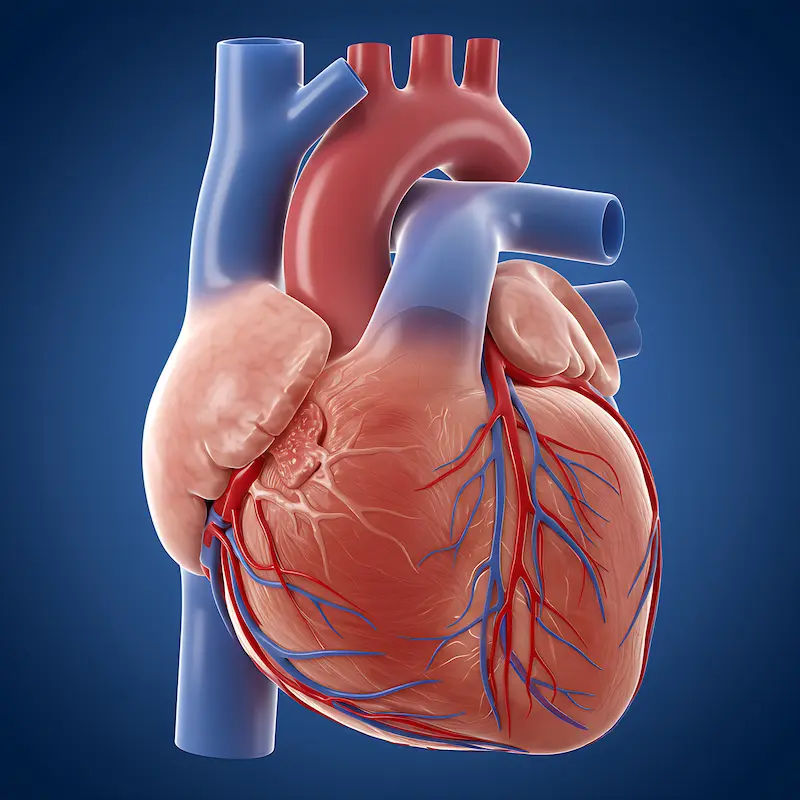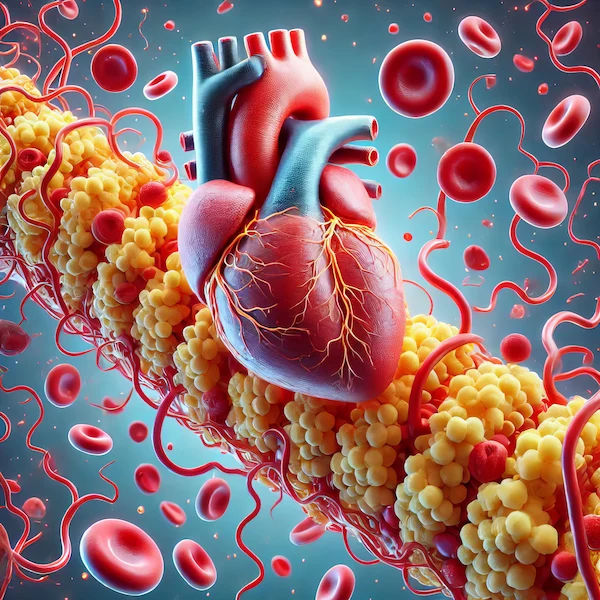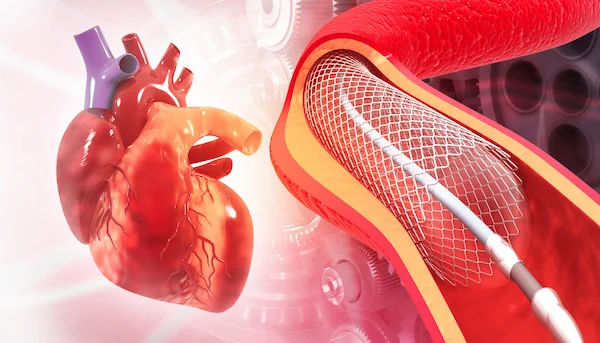- Female
- 29 Years
- 07/02/2025
I've recently had my cholesterol tested, and it turns out my HDL cholesterol level is 32. I'm a bit worried and wondering if I should go for any additional tests? Does this low HDL indicate any risk of heart disease?
Answered by 1 Apollo Doctors
A low HDL cholesterol level of 32 may increase your risk for heart disease. To further evaluate your heart health, you may consider getting a lipid profile test done. This test will provide more detailed information about your cholesterol levels, including LDL cholesterol, total cholesterol, and triglycerides. Based on the results of the lipid profile, your doctor may recommend lifestyle changes such as regular exercise, a healthy diet, and medication if necessary.
Dr. Ibrahim Suggests...
Consult a Cardiologist
Answered 04/07/2025
0
0

More Cardiology Health Queries
View allI've been experiencing this weird, sharp or cramping pain on the right side of my chest whenever I walk for a while, but it stops immediately after I stop walking. I've already gotten a chest X-ray and a sonography, and both came back normal. Do you have any idea what could be causing this?
take tablet movex mr , it might be a muscle spasm
Answered by 1 Apollo Doctors
Angioplasty with stent placement was done on me about 2 years ago. I'm on a daily South Indian diet and I'm curious if you could help recommend an ideal diet plan that's still in line with South Indian cuisine. We usually cook with unrefined Gingelly oil, and I'm wondering if that's a healthy choice or if I should be considering a different type of oil. Any advice?
yes
Answered by 1 Apollo Doctors
I've been taking Telista H 40 for my BP for about a year but sometimes it's not available in my village. My BP has been normal around 120/80 and I recently had EVLT surgery on both legs. The nurses checked my BP post-surgery - first day it was 120/70 and second day 120/80. Can you suggest a low-cost alternative to Telista H 40 that would work for me?
You can try Telma-H instead
Answered by 1 Apollo Doctors
Disclaimer: Answers on Apollo 247 are not intended to replace your doctor advice. Always seek help of a professional doctor in case of an medical emergency or ailment.

.webp)


